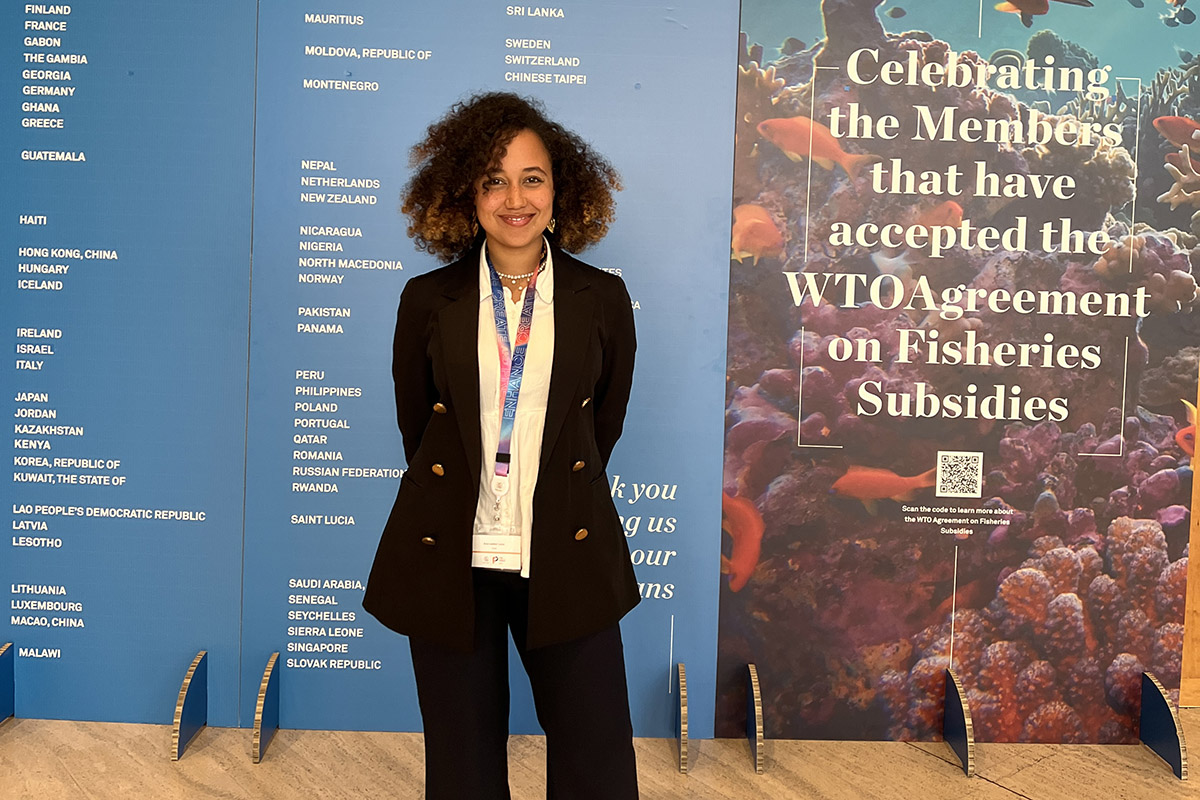"The Tanzanian paradox – poverty amidst potential"
October 1 Tanzania is rich in resources and potential, writes Collins Kimaro, 20, a Commonwealth Correspondent from Tanzania, as he describes the paradox of poverty persisting in spite of those assets.
Tanzania is rich in resources and potential, writes Collins Kimaro, 20, a Commonwealth Correspondent from Tanzania, as he describes the paradox of poverty persisting in spite of those assets.
The English word ‘paradox’ is derived from the Greek word ‘paradoxon’, which means contrary to expectation. With synonyms of inconsistency, absurdity or enigma, this accurately describes the confusion one often gets when contemplating the rich yet poor country that is Tanzania.
Paradoxes span across different fields from Bertrand’s Paradox in Economics to the Klein paradox in quantum mechanics. The Tanzanian Paradox is alone in its cross-sectoral definition and can be summarised as a country swimming in potential yet drowning in poverty.
Favourably situated on the coast of East Africa, Tanzania boasts the most tourist attractions in the East African Community; including the most national parks in the region, the tallest mountain in Africa, white sandy beaches and the archaeological site of Oldupai Gorge to mention a few. Nevertheless, according to the World Bank Tanzania only earned US $1.6 billion from tourism in 2012 while neighbouring Kenya with fewer national parks and a shorter coastline earned US $2 billion.
Agriculture is another sector where the Tanzanian Paradox clearly manifests. As the world’s 31st largest country it has 44.5 million hectares of arable land, of which only 23 per cent is currently cultivated. Furthermore the country has the third largest cattle herd in Africa as well as the third highest levels of malnutrition in Sub-Saharan Africa. Yet Tanzania is a recipient of food aid and an alarming 42 per cent of children under five years old are stunted in their growth.
Perhaps the most important potential Tanzania has is its people, with 44 per cent under the age of 15 and 66 per cent under 25 years of age. As the world’s tenth largest youthful population it is clear that young people will shape Tanzania’s future. Peculiarly few youth empowerment initiatives currently exist, with a study by Restless Development finding that only four per cent of young people have access to micro-credit. In some regions only 10.4 per cent of youth engage in policy discussion and development.
For Tanzania to remain as one of the world’s poorest countries is a conclusion that should be viewed as logically unacceptable. The solution to the Tanzanian paradox lies in the management of its resources and devotion of all its people to realise its potential and let the nation drown no more.
photo credit: Arenamontanus via photopin cc
………………………………………………………………………………………………………………
About me: We live in a time when the world’s workings are being re-written and unbound possibilities opening up. My ambitions align with this and I aspire to join the field of International Development and help fuel African’s impending rise. I enjoy exploring new cultures, current affairs and the beautiful art that is spoken word.
Apart from being an Economics student at the University of Warwick I am excited to be part of AIESEC Warwick and Treasurer for Warwick World Food Programme.
………………………………………………………………………………………………………………
Opinions expressed in this article are those of the author and do not necessarily represent the views of the Commonwealth Youth Programme. Articles are published in a spirit of dialogue, respect and understanding. If you disagree, why not submit a response?
To learn more about becoming a Commonwealth Correspondent please visit:
http://www.yourcommonwealth.org/submit-articles/commonwealthcorrespondents/




